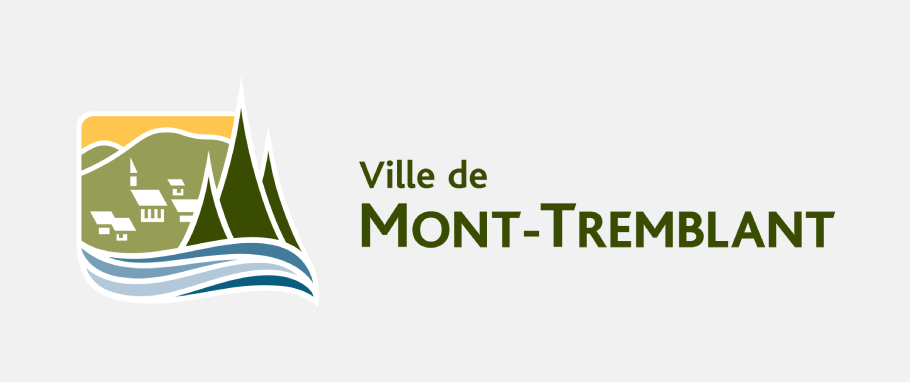It is important to have an emergency kit at home. It must contain enough articles and food supplies to allow your family to survive the first 72 hours of a disaster.
Put your emergency kit in a place that you can access easily. Check its contents annually. Replace the batteries and water supplies in it as needed.
Print this page and check off each of the components as you create your emergency kit.
Basic emergency kit
Put the following items in a backpack, a bin with a lid or a big bag made of fabric.
- Potable water – two litres per person per day, for at least three days
- Non-perishable food – enough for at least three days
- Manual can opener
- Battery-operated radio – and replacement batteries
- Flashlight – and replacement batteries
- First aid kit – adhesive bandages, sterile gauze compresses, scissors, tweezers, safety pins, antiseptics, analgesics
- Hygiene articles - tooth brush, towels, soap, toilet paper, sanitary supplies, plastic garbage bags
- blankets
- Cash and small change
- Keys to your car and home
- Whistle - to signal your presence to rescue workers
- Candles
- Lighter and/or matches
- Multifunctional pocket knife
- Dust masks - to filter contaminated air
- As required, other specific articles: prescription medications; infant feeding formula; equipment for handicapped persons
- Important personal papers - Photocopies: personal identity documents, insurance policies, prescriptions for medications and eyeglasses; emergency plan and the list of persons to contact in an emergency.
Think about including articles, as well, for…
- Your family: medications, medical equipment, special food
- Babies: breast milk or formula, disposable diapers, feeding bottles
- Pets: food, medications, accessories.
Emergency kit for your car
For winter safety or in the event of a breakdown or accident, you will find it useful to have the following items in your car.
- Snow shovel, scraper and brush
- Sand or salt
- Traction strips
- Flashlight and spare batteries
- Compass
- Methyl hydrate to defrost the gas line and the windshield
- First aid kit and manual, scissors to cut the seatbelts
- Axe or hatchet
- Illuminating flares or warning light/lantern
- Extinguisher
- Bottles of water and non-perishable food
- Starter cablesà
- Matches and candles in a metal box or plastic bag - useful for warming yourself, for heating a drink or for light
- Blankets or other warm covers
- Warm clothing and spare boots
- Road maps
- Copy of your emergency plan and the list of resource persons
- 25-cent pieces (at least two) or a call card – if you don’t have a cell phone
- Joint report of automobile accident form – order one or more from the Groupement des assureurs automobiles at 514-288-4321 or at (toll-free) 1 877 288-4321 or infoassurance.ca the Documents section
Emergency kit in the event of evacuation to an accommodation centre
In the event of evacuation from your residence during, for example, a prolonged power outage, a flood warning or earthquake, the following items could prove very useful.
- Medications
- Hygiene articles – toothbrush, towels, soap, toilet paper, sanitary supplies
- Flashlight and spare batteriesà
- Emergency kit
- Candles, matches or lighter
- Cash and small change
- Changes of clothing
- Blankets
- Car and residence keys
- Identification papers, personal documents
- Articles for babies – breast milk or formula, disposable diapers, feeding bottles
- Articles for pets – food, medications, a leash
- Deck of cards, board games, books
- Pad of paper and pencils
- List of phone numbers
Tips
- Place these articles in a backpack or container ahead of time.
- If your mobility is reduced, don’t forget your cane, walker or wheelchair.
- Personalize your kit according to what you might need.
Pre-assembled emergency kits
Pre-assembled kits are available from the following organizations:
- Canadian Red Cross
- St. John Ambulance
- Salvation Army
- Local businesses
Information
Ministère de la sécurité publique du Québec






